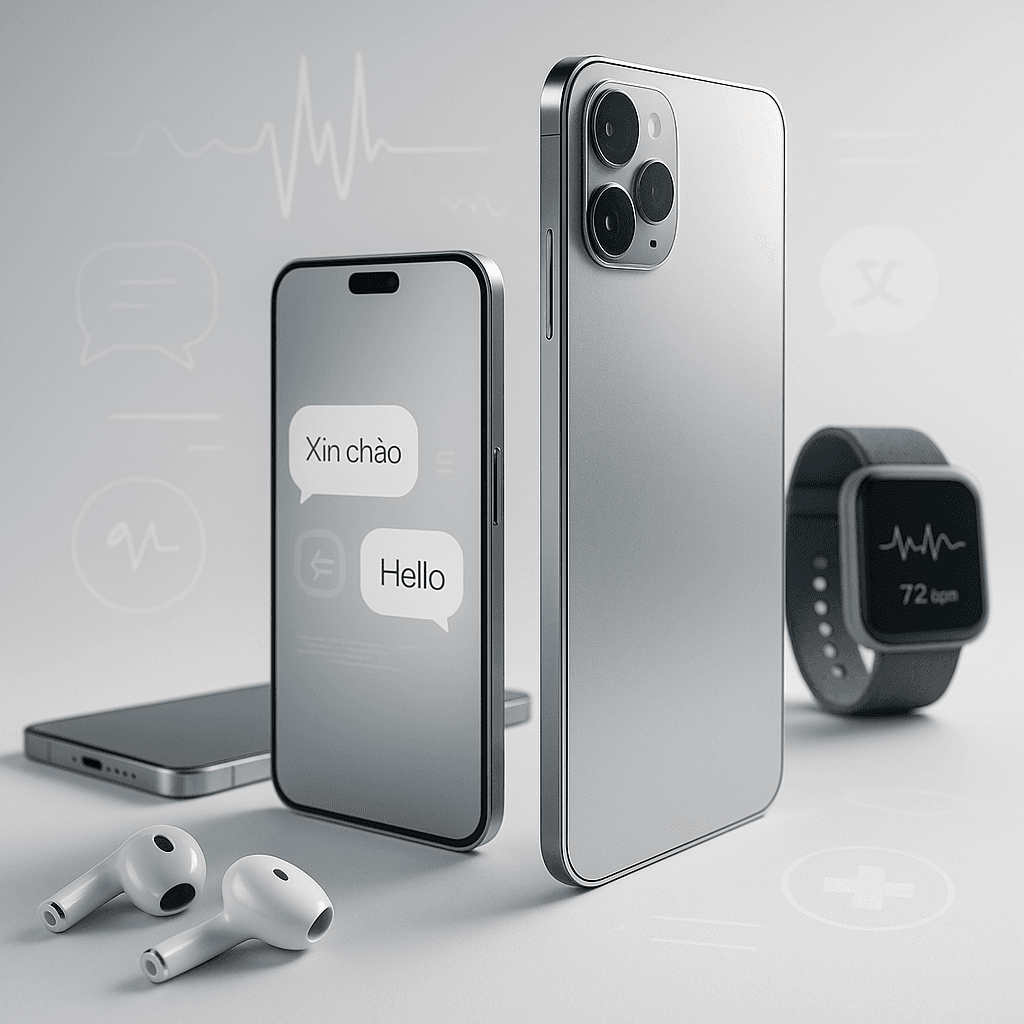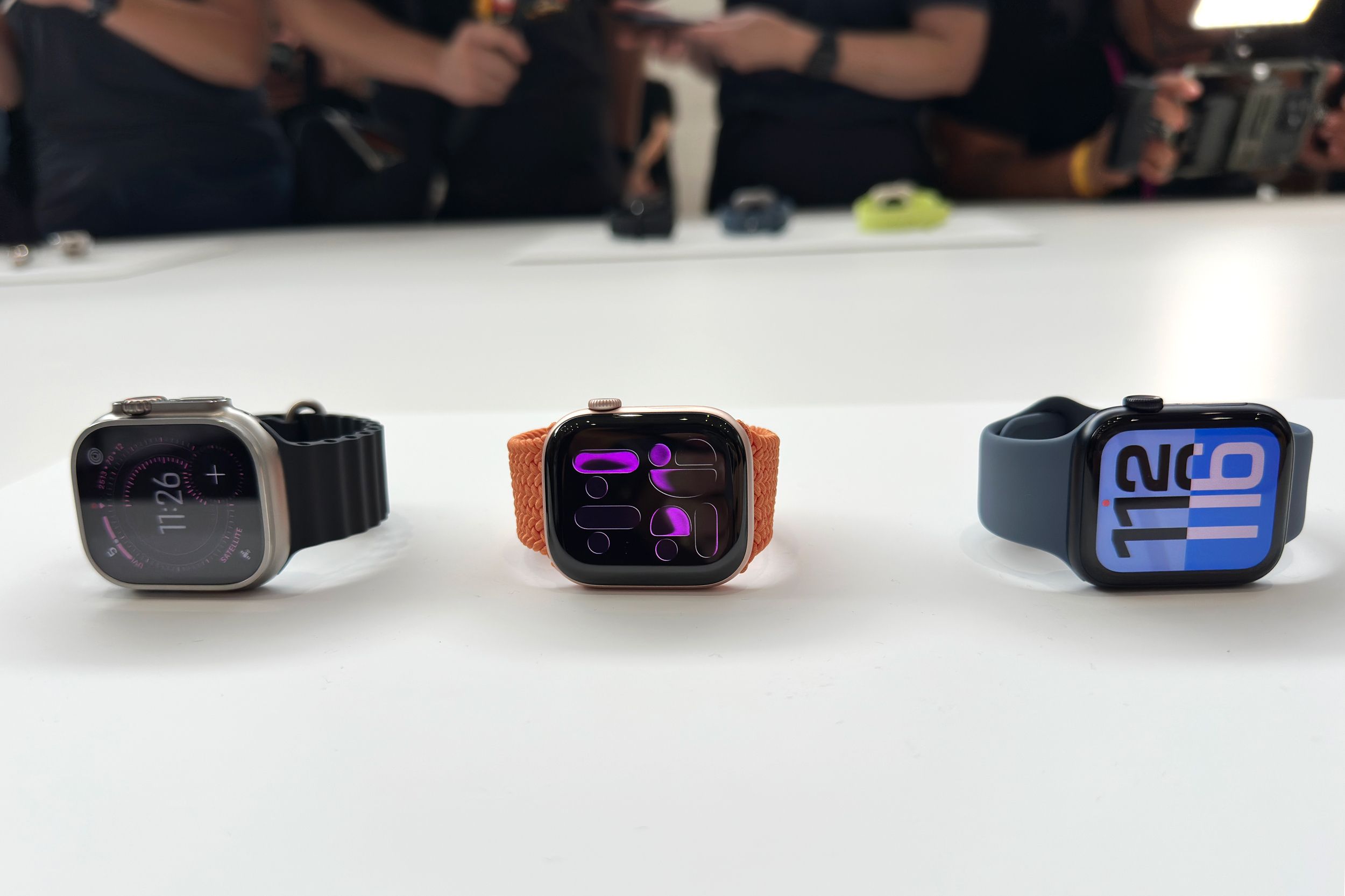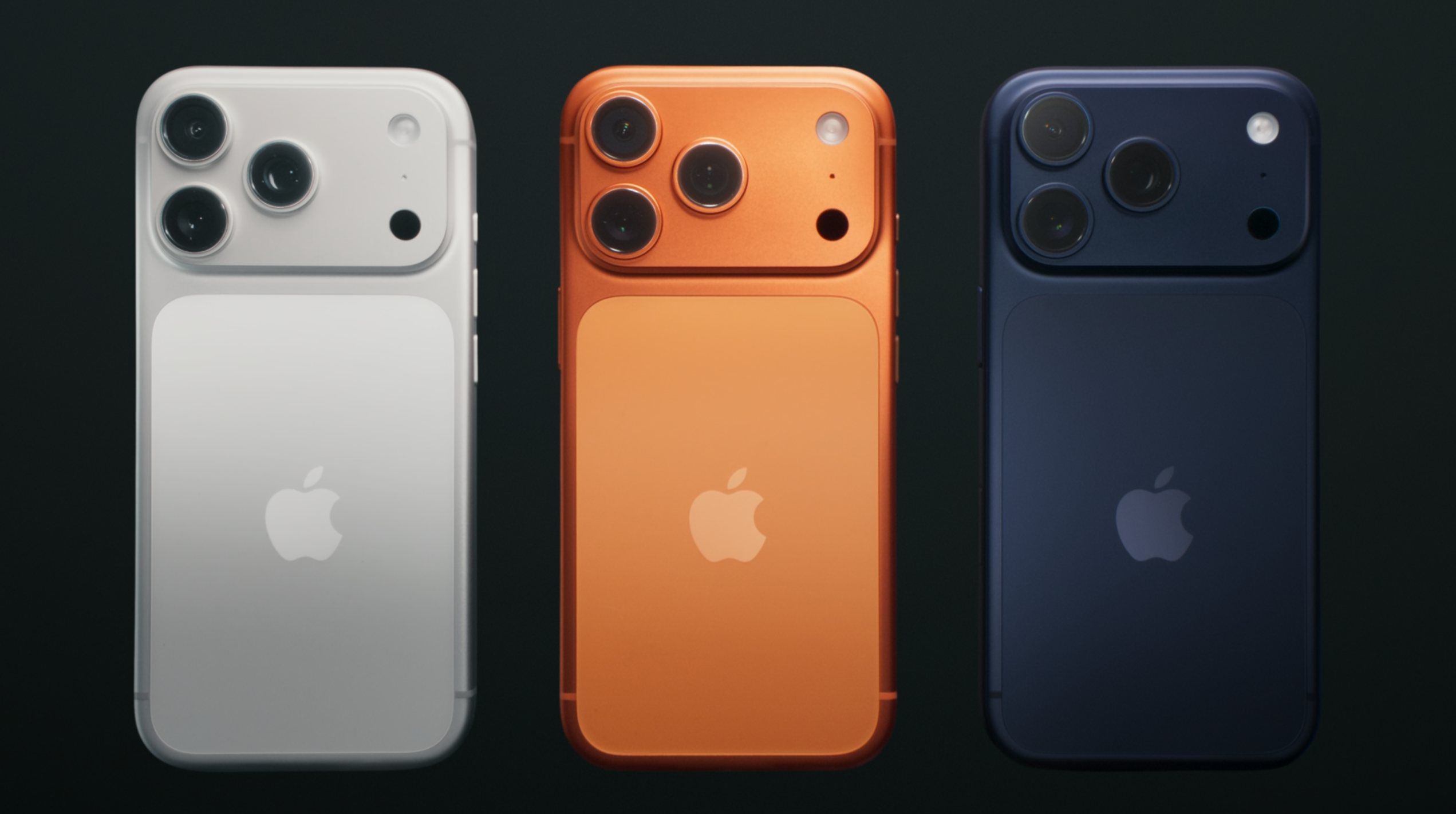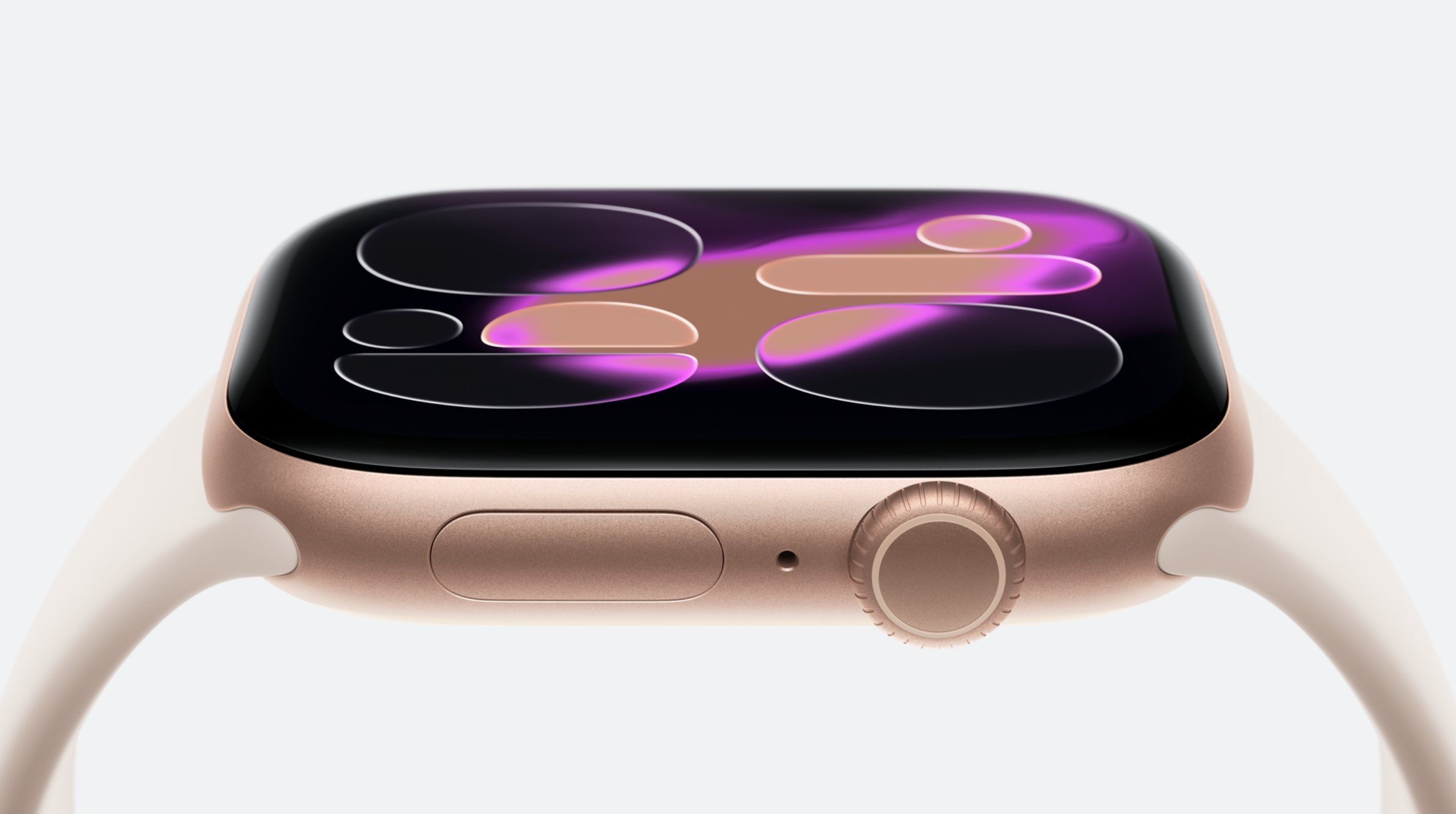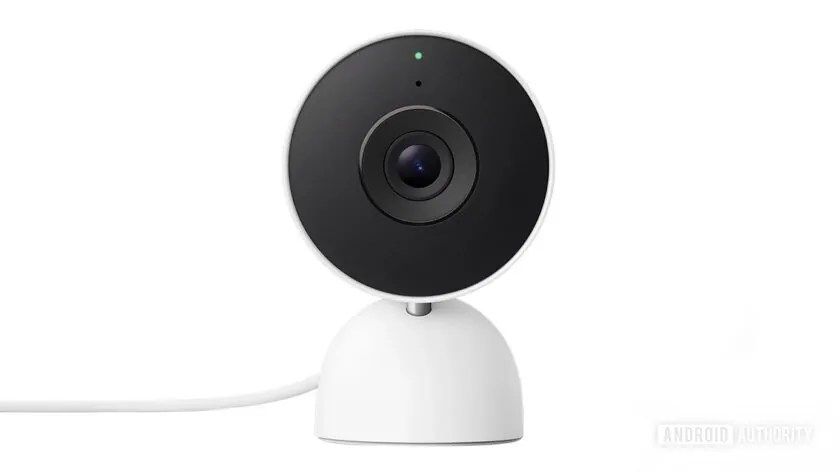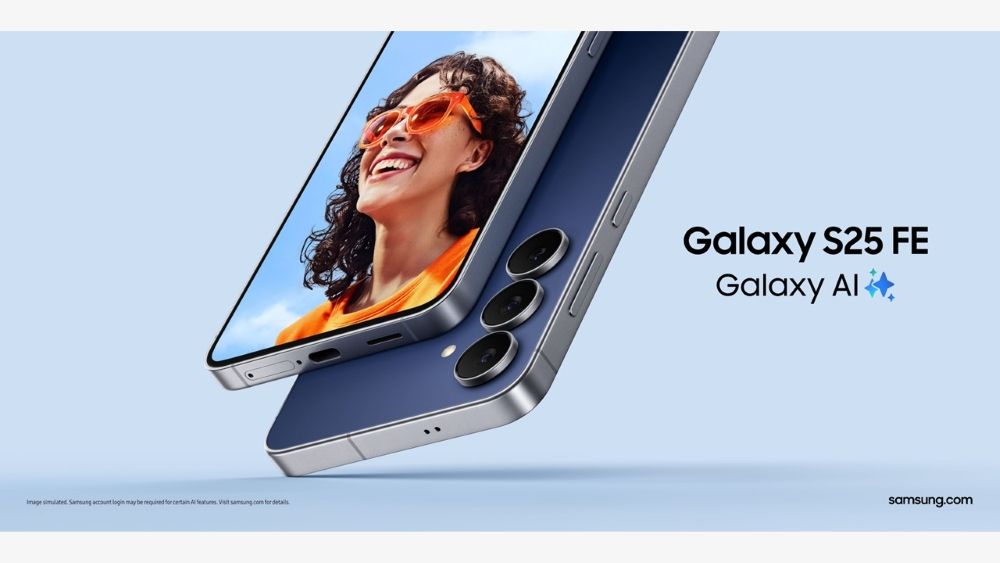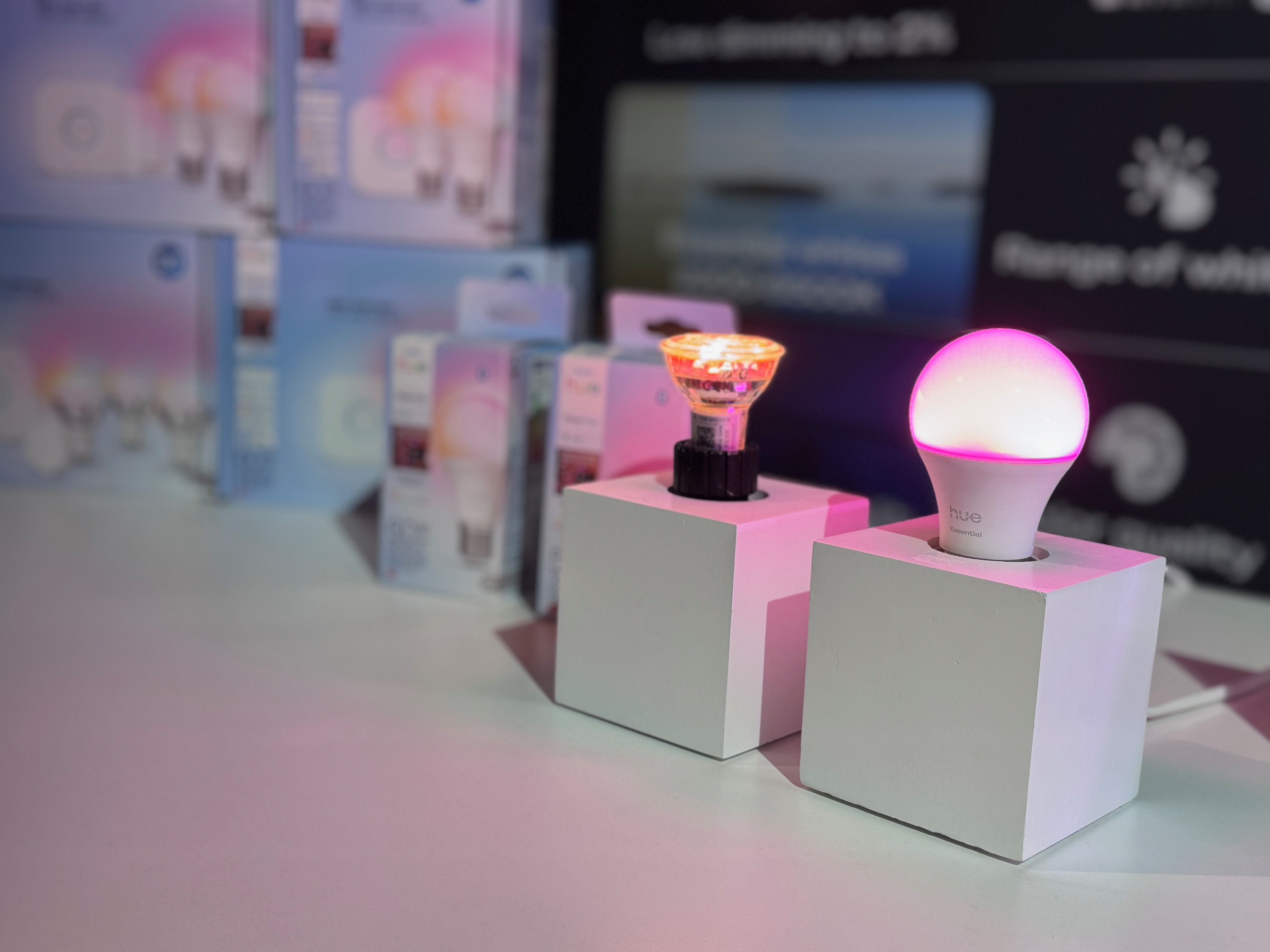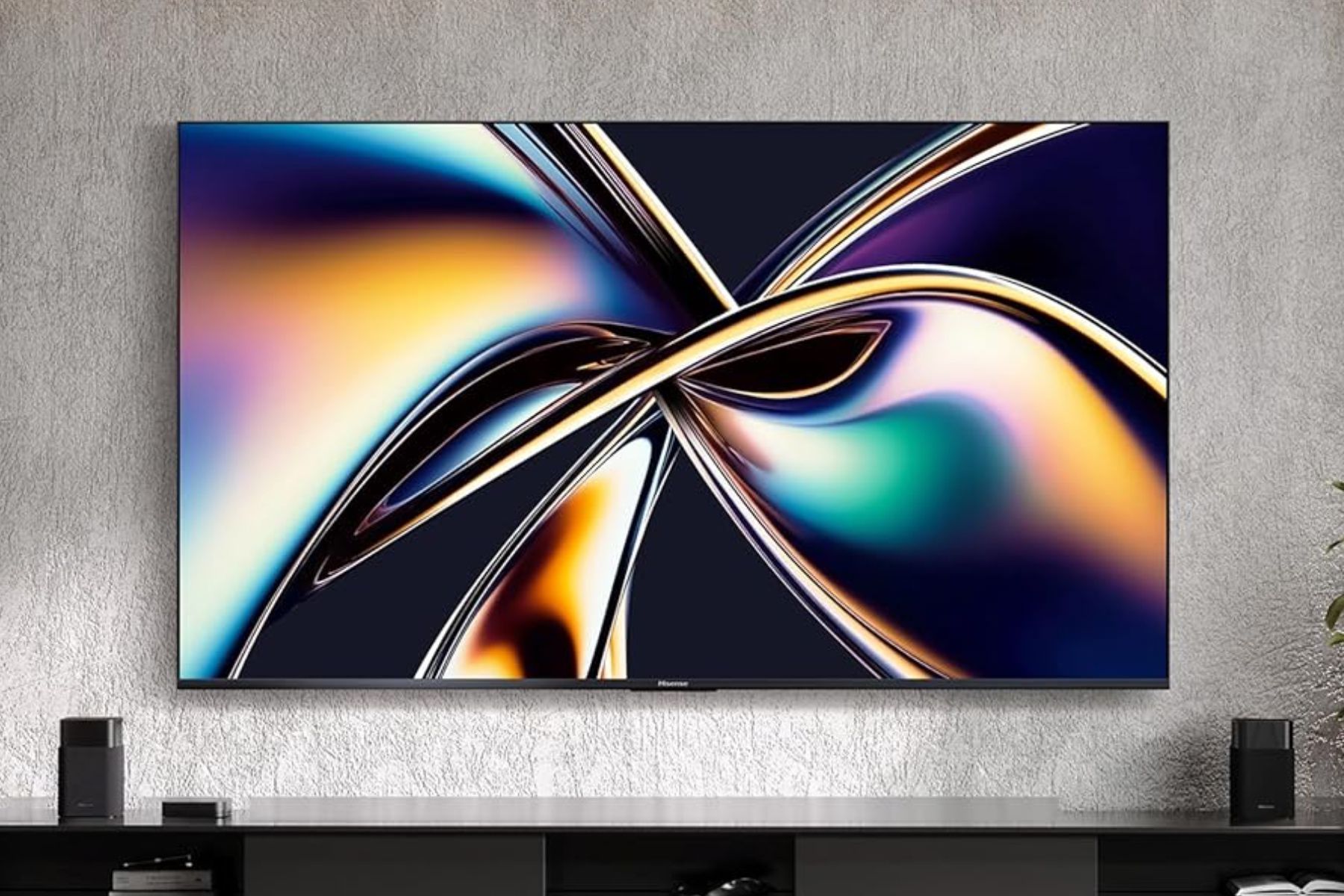Apple just delivered its biggest hardware refresh in years, unveiling the ultra-thin iPhone Air alongside the iPhone 17 lineup, three redesigned Apple Watches, and AirPods Pro 3 with live translation. The iPhone Air at just 5.6mm thick replaces the Plus model, while new health monitoring and AI-powered features signal Apple's push beyond traditional smartphone boundaries.
Apple just rewrote its hardware playbook with the most dramatic iPhone redesign in years. The company's September event delivered the ultra-thin iPhone Air, a complete Apple Watch overhaul, and AirPods that can translate conversations in real-time - but it's the iPhone Air's radical 5.6mm profile that's got the industry buzzing.
The iPhone Air replaces the Plus model entirely, marking Apple's boldest design bet since removing the headphone jack. At $999, it sits between the base iPhone 17 ($799) and iPhone 17 Pro ($1,099), but sacrifices the dual-camera system for that impossibly thin form factor. The tradeoff involves high-density silicon-carbon batteries that Apple claims still deliver 27 hours of video playback - matching the old iPhone 16 Plus despite being nearly half as thick.
"We've completely reimagined what an iPhone can be," Apple executives said during the presentation, though they notably shipped a low-profile MagSafe battery pack alongside the Air - suggesting even Apple has concerns about real-world battery performance.
The iPhone 17 Pro models showcase what happens when Apple prioritizes performance over thinness. The new "Camera Plateau" design houses a vapor chamber cooling system and a 48-megapixel telephoto camera capable of 4x optical zoom and 8x "optical-like" zoom. More intriguingly, the 18-megapixel front camera supports Center Stage auto-framing and Dual Capture for simultaneous video recording - features that scream social media optimization.
All new iPhones pack Apple's N1 wireless chip with Wi-Fi 7 and Bluetooth 6, but only the iPhone Air gets the company's homegrown C1X modem. The catch? The C1X doesn't support millimeter wave 5G, limiting the Air to sub-6 networks. It's a telling compromise that reveals Apple's modem isn't quite ready for prime time across the entire lineup.
The Apple Watch transformation feels equally significant. After last year's lackluster 10th anniversary edition, Apple delivered three completely refreshed models. The Watch SE finally gets the S10 chip, bringing sleep tracking and satellite messaging to the $249 entry model. The Series 11 ($399) and Ultra 3 ($799) add hypertension monitoring - pending FDA clearance within the month - using 30-day optical heart sensor readings to detect symptoms affecting one-third of the global population.
